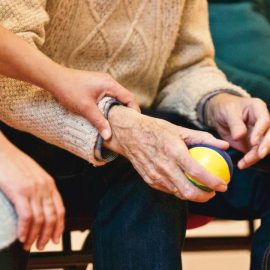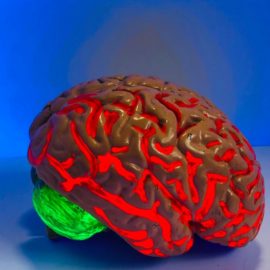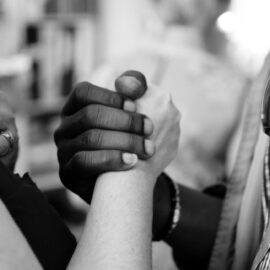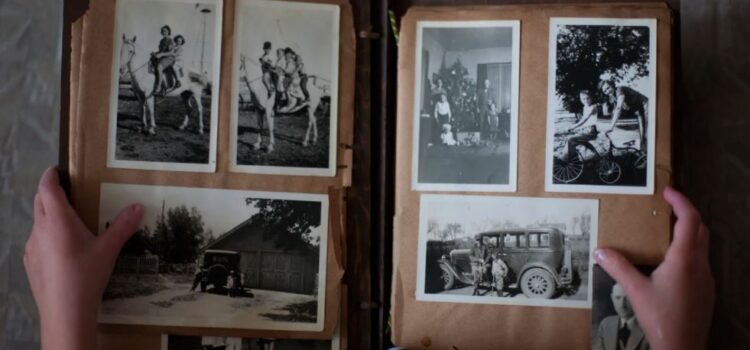
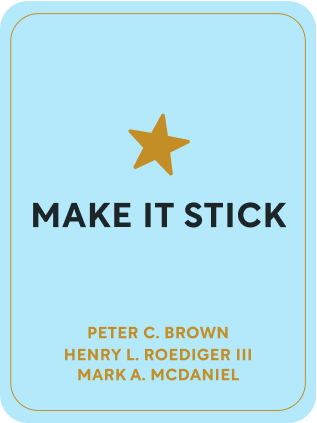
This article is an excerpt from the Shortform book guide to "Make It Stick" by Peter C. Brown, Henry L. Roediger III, Mark A. McDaniel. Shortform has the world's best summaries and analyses of books you should be reading.
Like this article? Sign up for a free trial here .
Is memory an accurate record of the past? Can you think of a memory that you remember in vivid detail? Do you believe those details are accurate?
Memories are mere representations of events—not accurate recordings—and thus they easily become distorted. There’s no way you can remember every detail of an experience. Instead, you remember certain aspects, and when you call up the memory, you unconsciously fill in the details. This lends itself to memory distortions.
Here is how memories become distorted and how they affect your learning process.
Memory Distortions
Your memory is inherently moldable which can be a good or a bad thing.
On one hand, your memory’s pliability is critical to your ability to learn: Everything you learn becomes a memory, and every time you recall that lesson you’re making new connections and creating new cues for that information, which further embeds it in your memory. The ability to add to your memory in this way allows you to deepen your understanding and better retain the information.
On the other hand, your tendency to create memory distortions—and fail to realize that they’re distortions—can be problematic. Here is how external or internal narratives can shape how you interpret and remember your experiences.
- Flashbulb Memories: You tend to believe that there’s no way you’d forget or mistake any detail of major, emotional events because you have a “flashbulb memory” of the experience—you recall where you were, what you did, and how you felt. However, research shows that although people tend to have the highest confidence in their most emotional memories, these are the memories that become altered the most over time.
- Hindsight Bias, or the Knew-It-All-Along Effect: When you’re reflecting on an event, you’re likely to inflate how predictable it was, even though you couldn’t have actually predicted it before it happened.
- Interference: If you’re exposed to something right before or after an experience, it can distort the memory of that experience. For example, if a witness to a crime views photos of suspects and then subsequently looks at a lineup, she’s more likely to falsely accuse someone in the lineup if she’s already seen his photo.
- Mistaking Implications for Fact: As you naturally fill in the details of your memory, you’re likely to remember things that you understood to be implied and assumed to be fact, but which may not be. For example, when you recall a meeting with your boss about your new promotion, you probably assumed that a pay raise was implied, and thus you may falsely remember your boss stating that you’d receive a raise with your new title, but that’s not the case.
- Power of Suggestion: Other people’s suggestions can heavily influence and alter your memories. For example, study participants watched a video of a car running a stop sign and hitting another car. Those who were asked how fast the car was going when it “smashed” into the second car guessed 41 miles per hour, while those who were asked how fast the car was going when it “contacted” the second car guessed 32 miles per hour. By simply changing the language of the question, researchers changed participants’ memories of the video.
- Social Contagion of Memory, or Memory Conformity: If you and a friend are recalling a joint experience, you’re likely to merge her memories with your own—even if she supposedly remembers something that didn’t actually happen. In other words, other people’s errors can contaminate your memory.
Furthermore, you can entirely fabricate memories under certain circumstances, such as:
- Feeling of Knowing: When something is familiar, you’re more likely to believe it’s true. This means that if you hear the same lie enough times, you eventually believe it’s the truth.
- Imagination Inflation: If you imagine something vividly enough, you can start to believe it happened and mistake your visualization for an actual memory.

———End of Preview———
Like what you just read? Read the rest of the world's best book summary and analysis of Peter C. Brown, Henry L. Roediger III, Mark A. McDaniel's "Make It Stick" at Shortform .
Here's what you'll find in our full Make It Stick summary :
- How to understand and remember what you learn
- How a little forgetting helps you remember
- Why you’re not a good judge of how much you know


